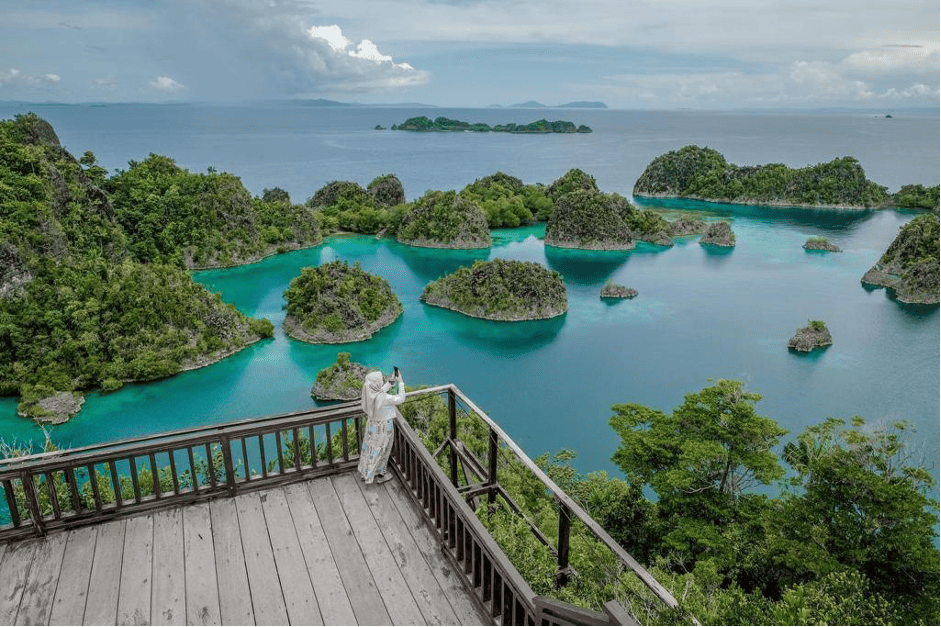West Papua, with its natural and cultural riches, has emerged as one of Indonesia’s top tourist destinations. However, to ensure that tourism development provides direct benefits to local communities, the government and various agencies have initiated a community-based tourism program. These programs aim to empower local communities through active participation in the management and development of tourist destinations while ensuring the protection of the local environment and culture.
Community-Based Tourism Concept Community-based tourism (CBT) is a tourism development model that involves local communities at every stage from planning to implementation. The aim is to enable local communities to manage their resources so that they can benefit directly from the tourism sector. In addition, CBT also focuses on cultural and environmental protection, emphasizing the importance of conservation and sustainable use of natural resources.
Implementation in West Papua In West Papua
the implementation of the CBT program has shown significant results in some areas. A successful example is the Arborek Tourism Village in Raja Ampat. Known for its underwater beauty and local wisdom, Arborek has successfully developed a tourism industry managed by the local community. Villagers host homestays, organize snorkeling and diving tours, and promote Papuan handicrafts. Tourists visiting Arborek not only enjoy the beauty of nature but also learn about the culture and daily life of the local community. Actively involving local communities in welcoming and serving tourists creates an authentic and memorable experience that increases tourist satisfaction and strengthens the local economy.
Economic and Social Benefits The CBT program provides various economic and social benefits to the people of West Papua. From an economic point of view, income from tourism flows directly to local communities, thus improving their welfare and reducing their dependence on other sectors of the economy, which can fluctuate. Lodging, local restaurants, and tour guide services are among the community’s main sources of income. Socially, the program strengthens community ties by working together to achieve common goals.
Active participation in tourism increases the community’s awareness of the importance of preserving culture and the environment, as they maintain authenticity and see first-hand the benefits derived from preserving nature and culture. Challenges and Solutions Although the CBT program has many benefits, its implementation is not without challenges. The main challenges faced are the lack of training and skills of local communities, limited infrastructure, and competition with larger and exploitative tourism models. Overcoming these challenges requires collaboration between the government, non-governmental organizations (NGOs), and the private sector. Education and training of local communities are essential to improve tourism management skills. In addition, infrastructure improvements such as transportation and access to public facilities support the development of community-based tourism.
The community-based tourism program in West Papua is a participatory development model that strengthens local communities, protects culture and the environment, and provides direct economic benefits. The success of this program depends on the active participation of all stakeholders, including the government, local communities, and development partners.
With strong determination, West Papua can continue to develop into a sustainable and inclusive destination that brings prosperity to its people and preserves its natural and cultural beauty.


